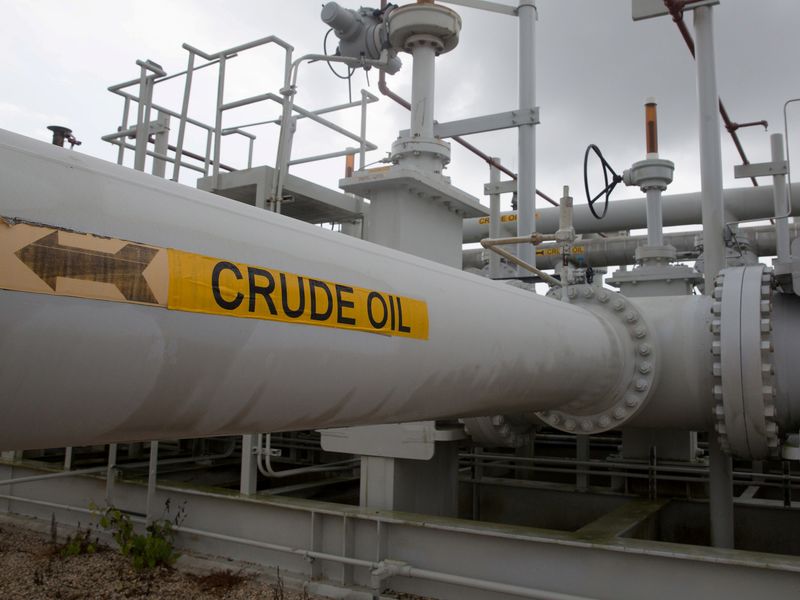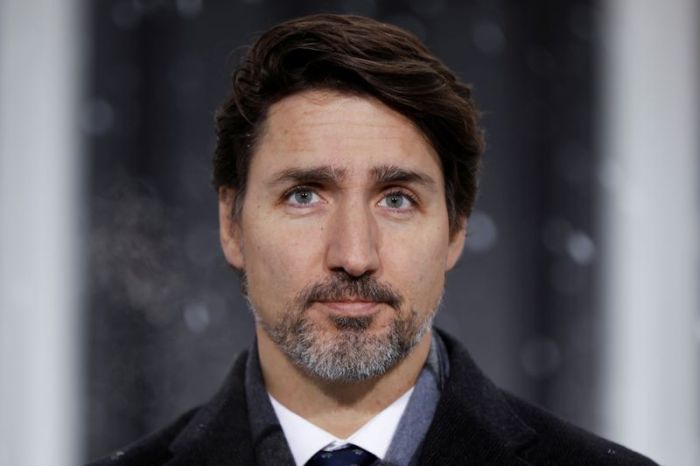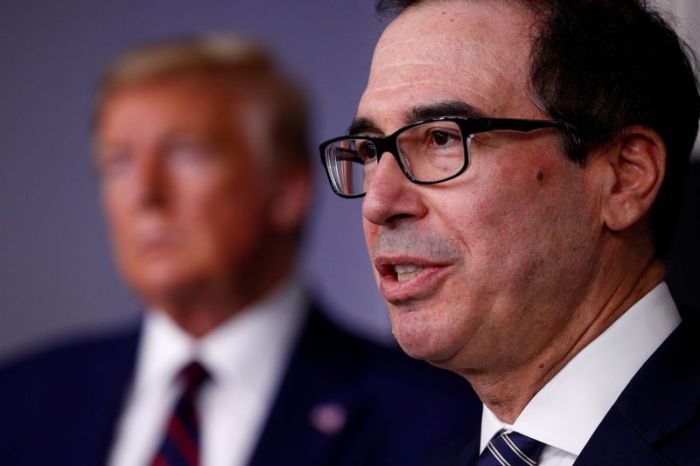NEW YORK (Reuters) – Oil prices ended little changed on Thursday after OPEC’s lowering of its global demand forecast for 2020 was offset by some European countries saying they would relax coronavirus restrictions, pointing to a potential rebound in consumption.
Brent futures <LCOc1> gained 13 cents, or 0.5%, to settle at $27.82 a barrel. U.S. West Texas Intermediate (WTI) crude <CLc1> ended the day unchanged at $19.87, marking a second straight day of closing at its lowest since February 2002.
The crude market has not been able to rally even after the Organization of the Petroleum Exporting Countries and its Russia-led allies, a group known as OPEC+, came to a deal at the weekend to drastically cut world supply.
Traders said that because some countries in Europe are easing lockdowns, however, fuel demand could rebound sooner than anticipated. Officials at the World Health Organization warned countries to move with extreme caution before relaxing restrictions.
“Some of Europe is starting to open up. That’s supportive for Brent,” said John Kilduff, partner at hedge fund Again Capital LLC in New York.
In its latest monthly report, OPEC forecast that global oil demand would contract by 6.9 million barrels per day (bpd), or 6.9%, in 2020. [OPEC/M]
That forecast, along with Wednesday’s report that U.S. crude stockpiles rose by a record 19.2 million barrels last week, tempered the optimism that grew out of the OPEC+ supply deal to reduce output by 9.7 million bpd for May and June. [EIA/S].
Hoped-for cuts of another 10 million bpd from other countries, including the United States, could lower production by around 20 million bpd, although those cuts are expected to take months to come to fruition.
Following the end of trading, Saudi Arabia and Russia, in a joint statement, said they would continue to monitor oil markets and were ready to take joint measures with the rest of OPEC+ if needed.
“Oil prices must remain depressed to force shut-ins among non-cartelised producers,” said Norbert Ruecker, head of economics at Swiss bank Julius Baer, referring to producers such as the United States, where a lot of production is unprofitable at current prices.
ConocoPhillips <COP.N> said it would cut U.S. and Canadian oil production by around 225,000 bpd due to the collapse in crude prices. U.S. and Canadian companies have so far announced roughly 730,000 bpd in production cuts.
In Russia, energy firms have already significantly reduced oil export plans for May following the OPEC+ deal, three company sources and two traders told Reuters.
(Reporting by Scott DiSavino; Additional reporting by Shadia Nasralla in London, Roslan Khasawneh in Singapore and Aaron Sheldrick in Tokyo; Editing by Marguerita Choy, Elaine Hardcastle and Tom Hogue)























